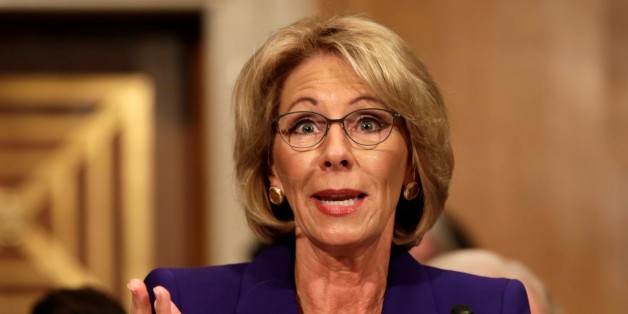The Tennessee General Assembly is back in session today. Here’s an overview of some education topics that are likely to be considered this year. Of course, more issues always arise, but these issues will most certainly be given attention.
Testing
Senator Bill Ketron has indicated he’s proposing legislation that will place a moratorium on any new testing until the current TNReady tests are successfully administered. Initially, it sounded like his proposal would stop all testing, but Ketron has since clarified that to indicate he wants to see the current test done right before any new tests are added.
Representative Jeremy Faison has proposed separating TNReady test scores from student grades and teacher evaluations. There have been significant problems with getting scores back in a reliable way in order to include them in student grades. Additionally, the apples to oranges comparison of TNReady to the old TCAP tests renders any teacher growth scores essentially meaningless.
Representative Matthew Hill has proposed shifting high school testing from TNReady to the ACT suite of assessments. Hill says there’s too much emphasis on testing and too many hours spent away from instruction.
Combined, these initiatives represent a shift in attitude about TNReady and testing in general that could lead to some changes in how tests impact students and teachers. Decoupling tests from student grades and teacher evaluations would likely have the effect of reducing the influence they have over instructional time.
RTI
Response to Intervention and Instruction (RTI2) has been a state mandate for several years now, but state funding to carry out the program’s demands has not been provided. This has led to some creative (and not terribly effective) implementation strategies. Districts are responding to the mandate to the best of their abilities, but due to lack of financial support, this doesn’t always lead to the best outcome for students.
In her budget presentation to Governor Haslam, Commissioner Candice McQueen indicated she’d propose dedicated funding for RTI in a BEP update. It was not immediately clear how much funding or how it would be integrated into the school funding formula. Rep. Joe Pitts offered a possible option last year, but his proposal was not embraced by the Administration.
It’s encouraging to see this item being discussed. Many districts have used the state’s salary increase funding for teachers to hire RTI teachers — which means lower or no raises for teachers across a district. Providing dedicated RTI funding would allow districts to use state salary funds to boost pay across the board, and that’s good news in a state that pays teachers 30% less than similarly educated professionals.
Teacher Pay
Following up on the RTI discussion as it relates to overall teacher pay, Governor Haslam has proposed and the General Assembly has approved BEP salary fund increases of 4% per year over the past three years. Because of issues like RTI and the general inadequacy of the BEP, teachers haven’t always seen 4% raises. The average, in fact, has been just under 2% per year. Still, Governor Haslam gets some credit for maintaining investment in teacher compensation. Some speculate he’ll go a step further in his last year in office, adding 5% to teacher compensation through the BEP. If this is coupled with a significant investment in RTI, it could mean the largest raise teachers have seen in years. The cost of making this investment would be around $125 million. With revenue continuing to outpace projections, this level of investment is both possible and wise. Tennessee still has a long way to go in terms of improving teacher compensation and support, but these two steps would signal a positive trend.
Vouchers
Both the House and Senate sponsors of voucher legislation have indicated they will not pursue the idea this year. In fact, both have said they want to focus on finding ways to invest in teacher pay and RTI, signaling a level of agreement with Governor Haslam. Last year marked the fifth consecutive year vouchers were defeated. It seems, for now at least, that advocates of using public tax dollars for private schools will wait to fight another day.
For more on education politics and policy in Tennessee, follow @TNEdReport


